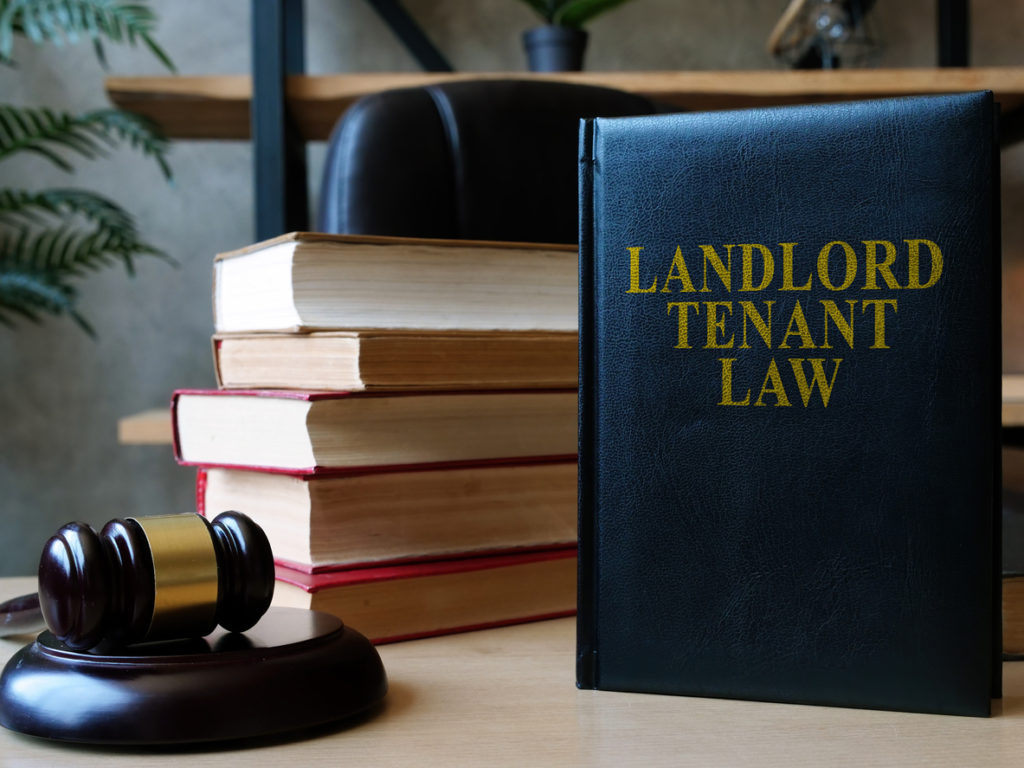When most new Michigan investors think about owning a single-family rental property, they often focus on the day-to-day operations—finding tenants, managing maintenance, and collecting rent. However, understanding the legal landscape is just as important. Rental property owners must navigate a complex mix of federal, state, and local laws that can impact how properties are purchased, managed, and leased.
Before you invest in a rental property, it’s critical to understand the legal requirements specific to Michigan, as well as those in your county or city.

Real Estate Agency and Licensing Laws
One of the most important members of your investment team is your real estate agent. Michigan law regulates the relationship between agents and clients, including disclosure requirements and dual agency rules. As an investor, you should understand what your real estate agent is legally allowed to do—and not do.
Additionally, not all real estate agents are well-versed in property management law. Be sure to verify that your agent holds a valid Michigan real estate license and is in good standing. This can help you avoid legal complications down the road.
Ownership Transfer Laws
When buying or inheriting property in Michigan, ownership transfer laws come into play. Voluntary transfers—such as when you purchase a rental home—are governed by state-specific rules regarding who handles the transaction, whether title insurance is required, and who pays the closing costs.
You should also be familiar with involuntary ownership transfers. These often occur when heirs inherit a property. Understanding these legal processes can help streamline estate planning or property inheritance scenarios.

Limitations on Property Use
Local zoning laws, deed restrictions, and historic preservation regulations may affect how you can use or renovate your property. For example, zoning ordinances could limit whether you can lease your property, make exterior changes, or add additional structures.
Before buying an investment property in Michigan, check with the local municipality to confirm whether any limitations or special approvals apply to your intended use.

Fair Housing, Rent Control, and Tenant Rights
Landlords must comply with federal Fair Housing laws, which protect tenants from discrimination. In addition, Michigan has its own landlord-tenant laws, which may impose stricter requirements on rental property owners.
Some cities may also introduce local ordinances or rent control policies. Knowing your legal obligations—from lease renewals to notice periods for rent increases—is essential for long-term success.
Being familiar with local habitability standards, tenant privacy rights, and security deposit rules helps ensure compliance and protects your investment from costly legal issues.
Work With Local Property Management Experts
Keeping up with Michigan’s landlord-tenant laws, zoning restrictions, and licensing requirements can be overwhelming. That’s why many investors partner with a Troy property management company to navigate the legal landscape.
At Real Property Management Metro Detroit, we understand the laws that govern rental property ownership in Michigan. Our experienced team helps investors stay compliant while maximizing returns.
Contact us today at 248-808-6550 to learn how we can help manage your property with confidence and peace of mind.
We are pledged to the letter and spirit of U.S. policy for the achievement of equal housing opportunity throughout the Nation. See Equal Housing Opportunity Statement for more information.


